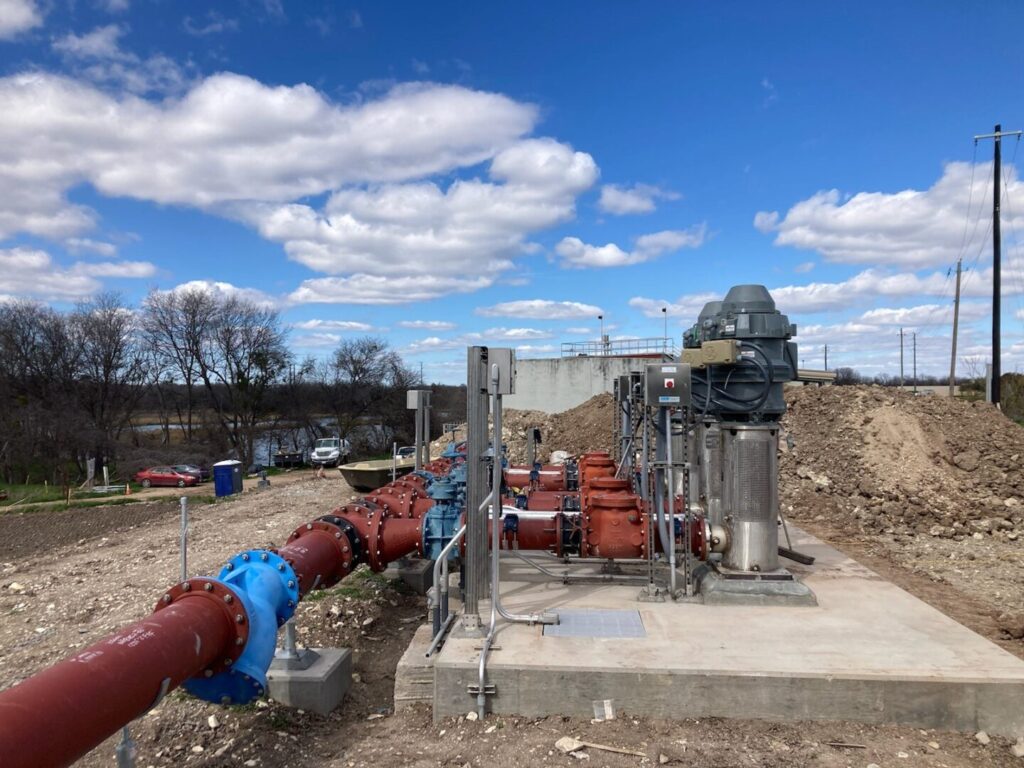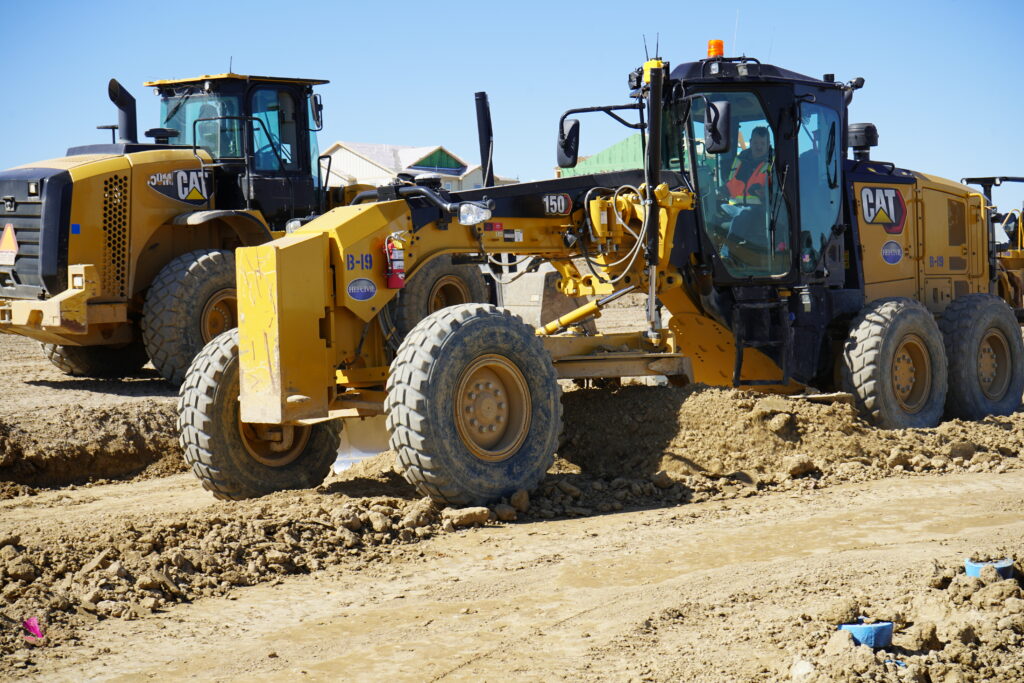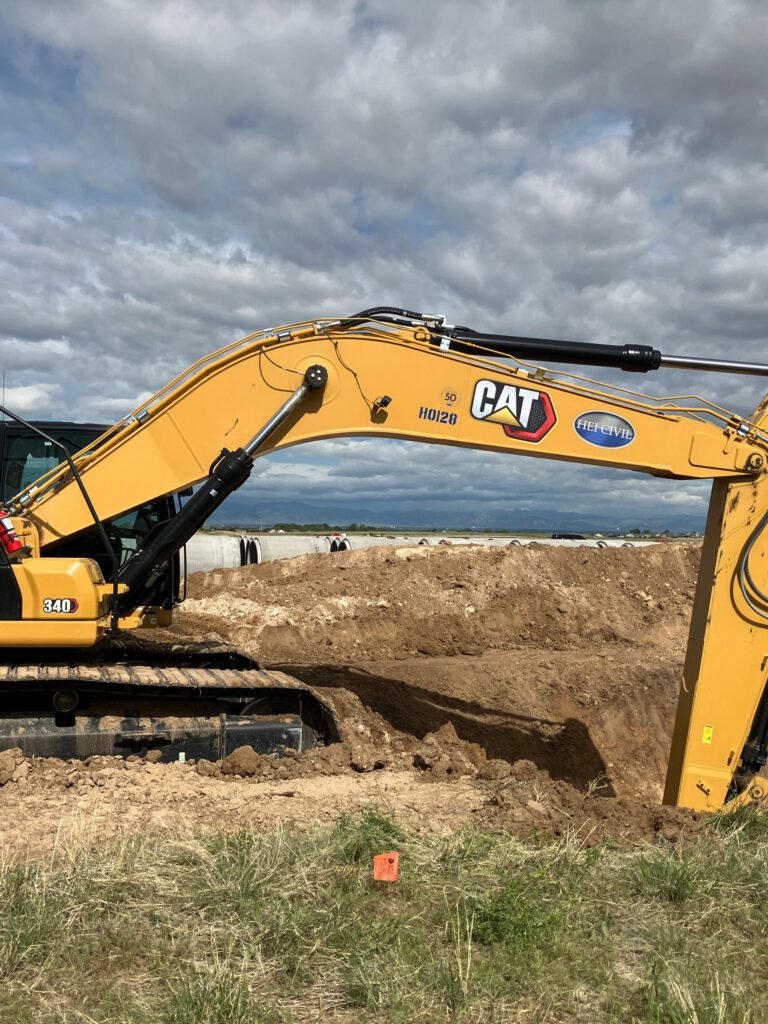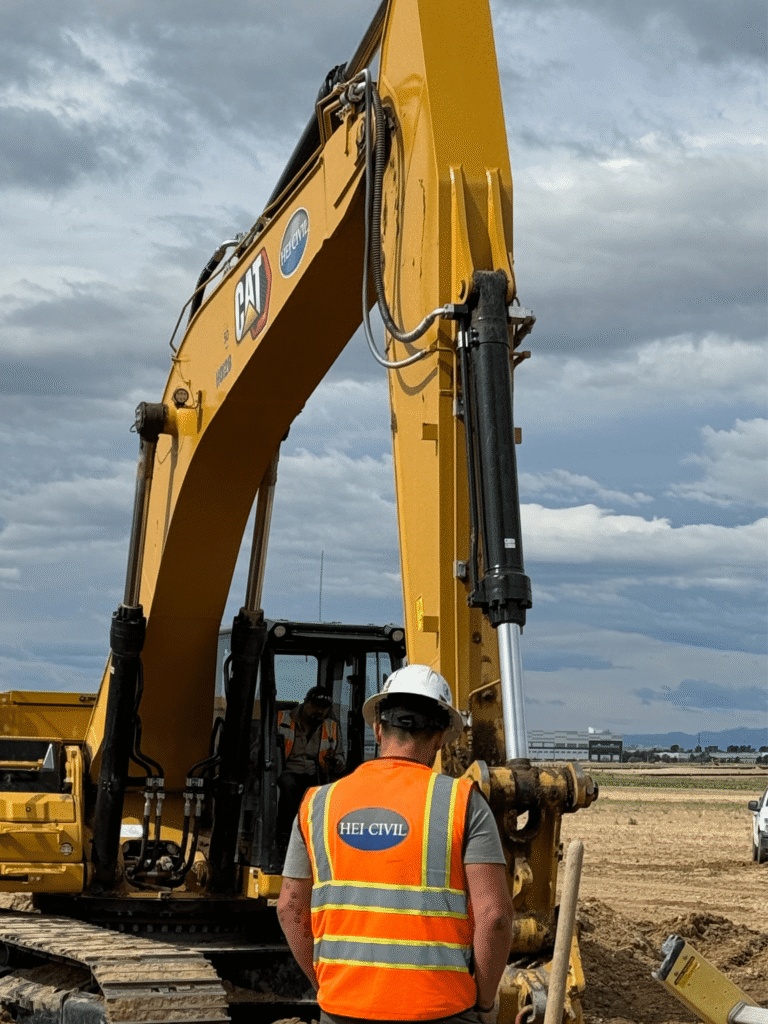Utility construction is the backbone of modern infrastructure, providing essential services such as water, electricity, gas, and telecommunications that communities rely on daily. As urban areas expand and technological advancements accelerate, the demand for reliable and efficient utility systems has never been greater. This blog post will explore the vital role of utility construction in developing and maintaining modern infrastructure, ensuring communities have access to the essential services they need to thrive.
Supporting Daily Life and Economic Activity
Utility construction is fundamental to the functioning of everyday life and economic activity. Imagine a day without electricity, running water, or internet access—essential services most people take for granted. Utility infrastructure ensures that homes, businesses, and public facilities have continuous access to the services necessary for daily operations and quality of life. Reliable utilities enable companies to operate smoothly, schools to function, and hospitals to provide critical care, directly impacting economic stability and growth.
Enabling Urban Development and Growth
As cities grow, so does the need for expanded utility networks. Utility construction plays a crucial role in urban development by laying the groundwork for new residential and commercial areas. Utility construction involves carefully planning and installing pipes, cables, and conduits to ensure efficient service delivery. Well-designed utility infrastructure supports current needs and anticipates future growth, enabling cities to expand sustainably. By integrating utility construction with urban planning, cities can enhance their capacity to accommodate population growth and evolving technological needs.
Enhancing Public Health and Safety
Utility construction is also vital in safeguarding public health and safety. Clean water, adequate sewage systems, and reliable energy are critical components of a healthy living environment. Properly constructed and maintained utility systems help prevent the spread of diseases, reduce the risk of electrical fires, and ensure safe drinking water. In addition, robust utility infrastructure is essential during emergencies, such as natural disasters, where maintaining access to power, water, and communication networks can be a matter of life and death. The resilience of utility systems directly impacts a community’s ability to respond to and recover from crises.
Promoting Sustainability and Environmental Responsibility
With increasing awareness of environmental issues, utility construction has a significant role in promoting sustainability. Modern utility projects often incorporate green technologies and practices, such as renewable energy sources, energy-efficient materials, and intelligent grid technology. These innovations help reduce carbon footprints and minimize environmental impact, contributing to a more sustainable future. Moreover, using trenchless technology in utility construction minimizes land disruption, preserves natural habitats, and reduces the ecological footprint of infrastructure projects.
Driving Technological Innovation
Utility construction is at the forefront of technological innovation in the construction industry. Integrating digital technologies, such as Geographic Information Systems (GIS) and Building Information Modeling (BIM), has revolutionized how utility projects are planned, designed, and managed. These tools enable more precise mapping of underground utilities, reducing the risk of damage during construction and maintenance. Additionally, advancements in materials and construction techniques, such as high-density polyethylene (HDPE) pipes and directional drilling, have improved utility infrastructure’s efficiency, safety, and durability.
Ensuring Resilience and Adaptability in Infrastructure
In a rapidly changing world, utility construction must prioritize resilience and adaptability. Climate change, urbanization, and technological advancements all challenge existing utility systems. Modern utility construction projects are designed considering these factors, ensuring that infrastructure can withstand extreme weather events, accommodate population growth, and integrate new technologies. By focusing on resilience, utility construction helps create a robust, adaptable infrastructure to serve communities for generations.
Utility construction is a critical component of modern infrastructure, providing the essential services that underpin daily life, economic activity, public health, and safety. As the world faces new challenges and opportunities, the role of utility construction in building resilient, sustainable, and technologically advanced infrastructure is more critical than ever. By investing in innovative construction methods and technologies, we can ensure that utility infrastructure meets the needs of today’s communities while preparing for future demands.





